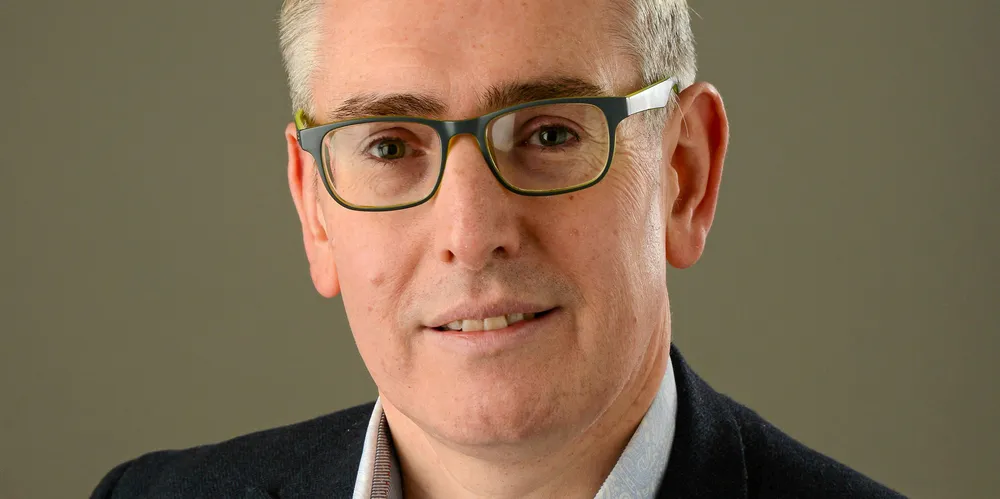Politicians have failed Northeast Atlantic pelagic stocks. Will €244 billion change their minds?
Some of the world's largest seafood companies are calling for fisheries ministers to do one simple thing: agree.

Some of the world's largest seafood companies are calling for fisheries ministers to do one simple thing: agree.
